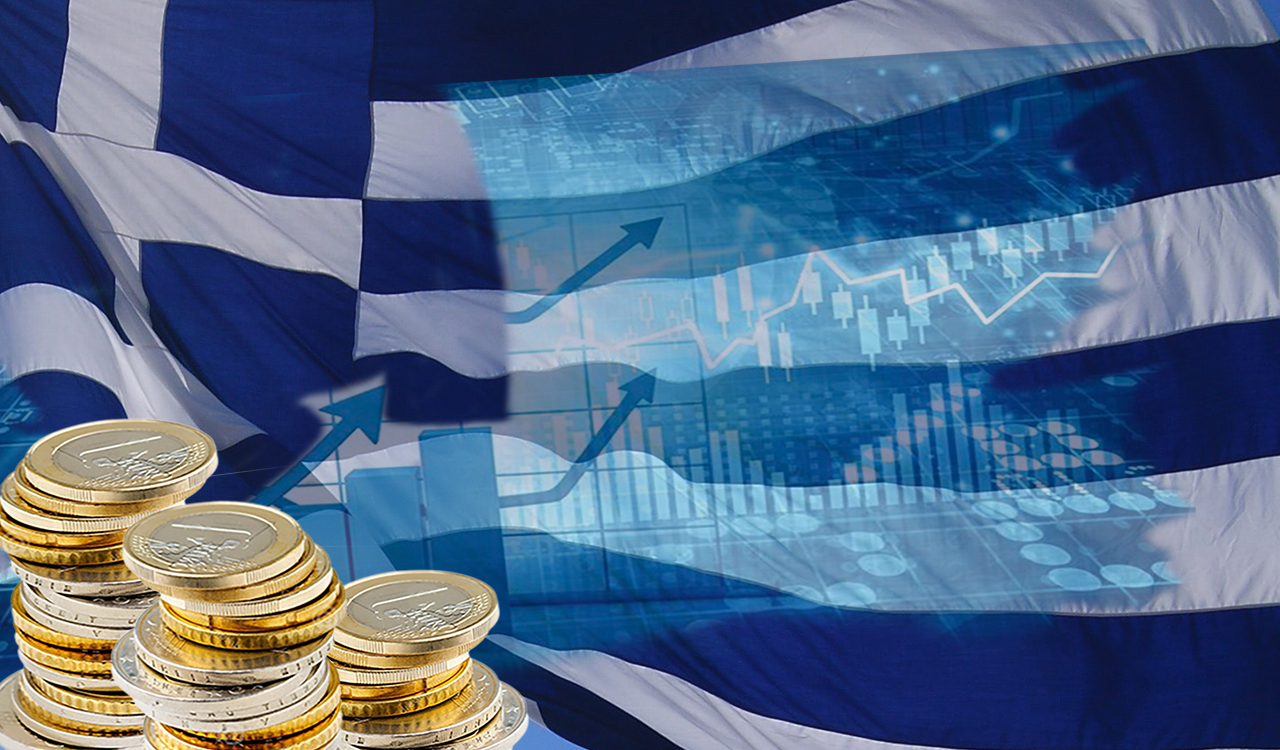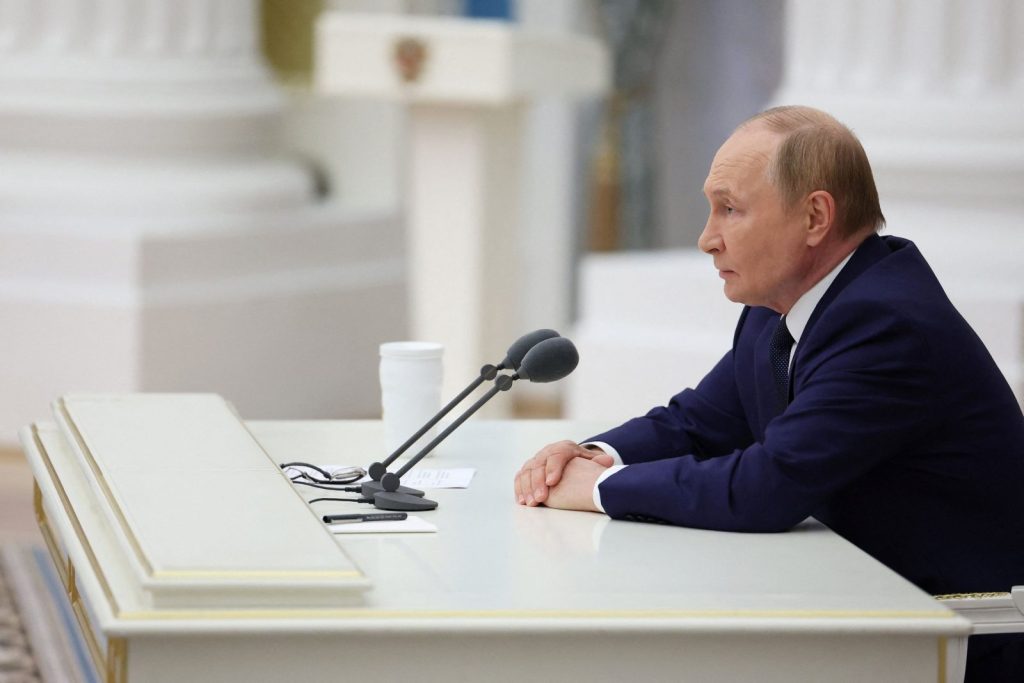Swiss bank UBS proceeded to an upward revision of the growth for Greece to 5.7% this year, from 4% which was the previous forecast, mainly as a result of the strong impact of tourism, also foreseeing that in 2023 the growth rate of the GDP will reach 4% (from 4.7% which was the previous estimate).
The upgrade, however, reflects overall the strong GDP of the first quarter (+2.3% on a quarterly basis and +7.0% on an annual basis) which creates a carry-over of 450 basis points for further growth, as well as the tourism revenues expected to reach 20 billion euros this year against the initial forecast of 15 billion euros (from 10.5 billion euros last year), including the sector’s positive impact on job creation.
Steady progress in the second half as well
At the same time, there are indications of a stable course of growth during the second half as well (+6.6% on an annual basis), while a clear recovery of corporate lending is also observed (potentially influenced by the inflows of the Recovery Fund).
According to UBS economist Gyorgy Kovacs, the new forecast is 150 basis points higher than the market’s average estimate (+4.2%).
The dangers
The risks for the Greek economy for 2022 are found in the gradual deterioration of the business climate and a possible interruption of natural gas flows in Europe. In this context, and due to the strong performance of 2022, it revised its forecast for growth in Greece in 2023 to 4% from 4.7% previously.
The Swiss bank estimates that average inflation will exceed 9% in 2022, while any wage gains are unlikely to fully offset the rise in inflation from the second quarter onwards, even if gains from additional job positions are taken into account.
Household support
However, there are two factors that support household finances:
a. Government spending of €6 billion in energy subsidies in 2022 (3% of GDP), with possibly more support to be announced by the Prime Minister on 10 September at the Thessaloniki International Fair (although the additional fiscal space is likely to be around 1% of GDP in 2022).
b. Compared to the end of 2019, household deposits increased by €20 billion or around 10% of GDP, which provides some additional savings cushioning.
On the other hand, based on 2020 data, Russian natural gas imports accounted for only 9% of total energy use in Greece, implying that is a range of alternative suppliers. Greece has an LNG terminal (Revythoussa), which already receives LNG from the US and Qatar.




